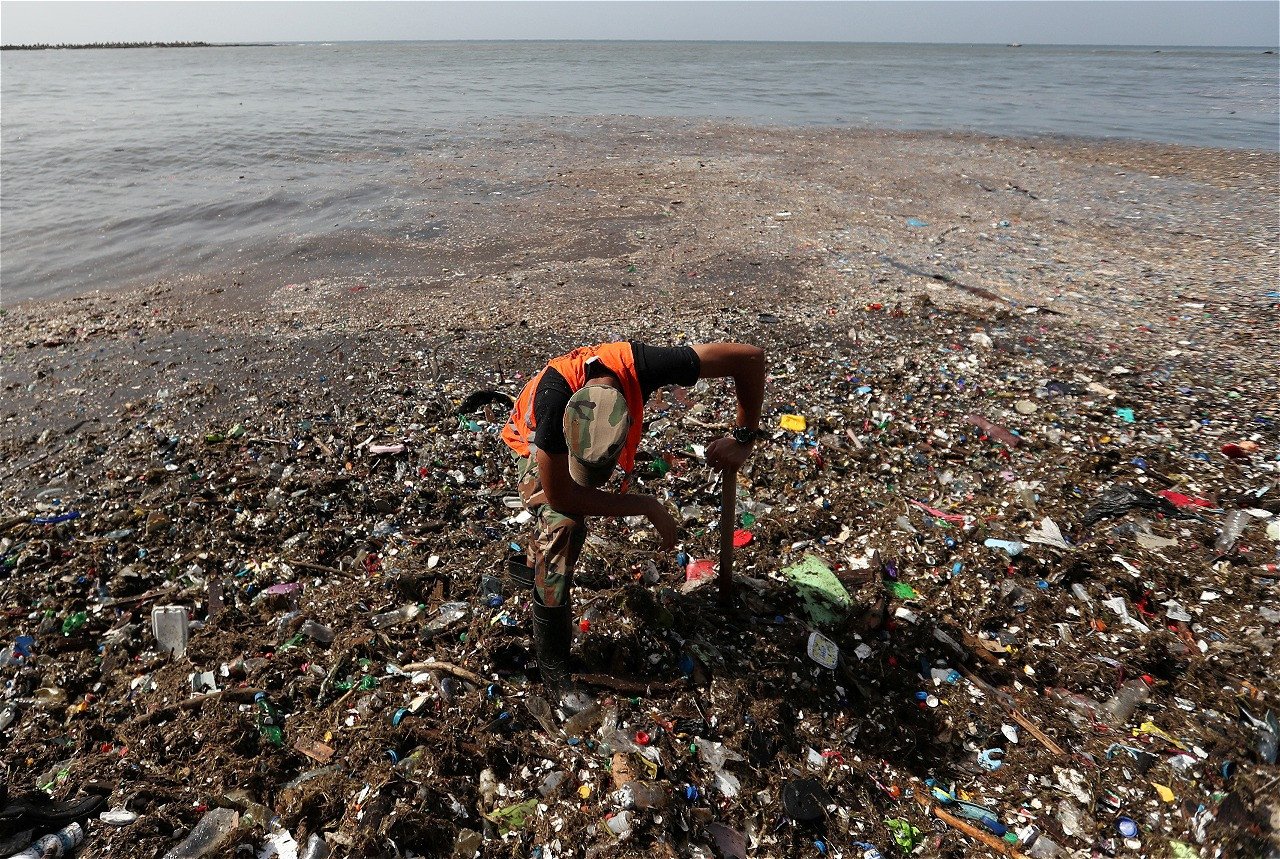According to a paper released on Thursday, there are at least 3,000 more chemicals than previously thought in plastics, which include food packaging, toys, and medical gadgets. This raises concerns about pollution and consumer safety.

Although the United Nations Environment Programme (UNEP) had previously recognised about 13,000, opens new tab plastic chemicals, a team of European scientists discovered more than 16,000 chemicals in plastics, with 25% of them potentially harmful to the environment and human health.
The Norwegian Research Council provided funding for the paper, which was released at a time when government negotiators are trying to come up with the first treaty in history to address the growing problem of plastic pollution—roughly 400 million tonnes of plastic garbage are created annually.
According to Jane Muncke, managing director of the Swiss organisation Food Packaging Forum and co-author of the paper, “you actually have to look at the full life cycle of plastics and you have to address the chemicals issue in order to robustly solve plastic pollution.”
This is due to the fact that food and water can contaminate plastic compounds.
“We’re finding hundreds if not thousands of plastic chemicals in people now and some of them have been linked to adverse health outcomes,” Muncke stated.
Heart disease and problems with conception are two examples of these effects.
Lead author Martin Wagner of the Norwegian University of Science and Technology stated, “When we look into… products that we’re using on a daily basis, we usually find between hundreds, if not thousands of chemicals in an individual plastic product.”
The authors of the research stated that while the plastics sector has stated that any international agreement should encourage plastic recycling and reuse, merely addressing plastic waste falls short of adequately protecting people.
More information regarding the chemicals that go into plastics, particularly recycled items, is required, according to scientists. These chemicals include additives, processing aids, and contaminants.
According to the research, 25% of the compounds that were detected lacked fundamental information on their chemical identities.
Wagner, who is also a board member of the Scientists’ Coalition for an Effective Plastics Treaty, stated that the molecular complexity of plastics is the fundamental cause of the issue.
“Often producers don’t really know which kind of chemicals they have in their products and that comes from very complex value chains.”
Just 6% of the chemicals used to make plastics are subject to international regulation. “There is no motivation to disclose what’s in the plastics,” he said, without regulatory compulsion.
A plastics pact might aid in addressing it. The goal is to finalise a treaty in December in the South Korean city of Busan, so negotiations will resume in Ottawa, Canada, next month.










































